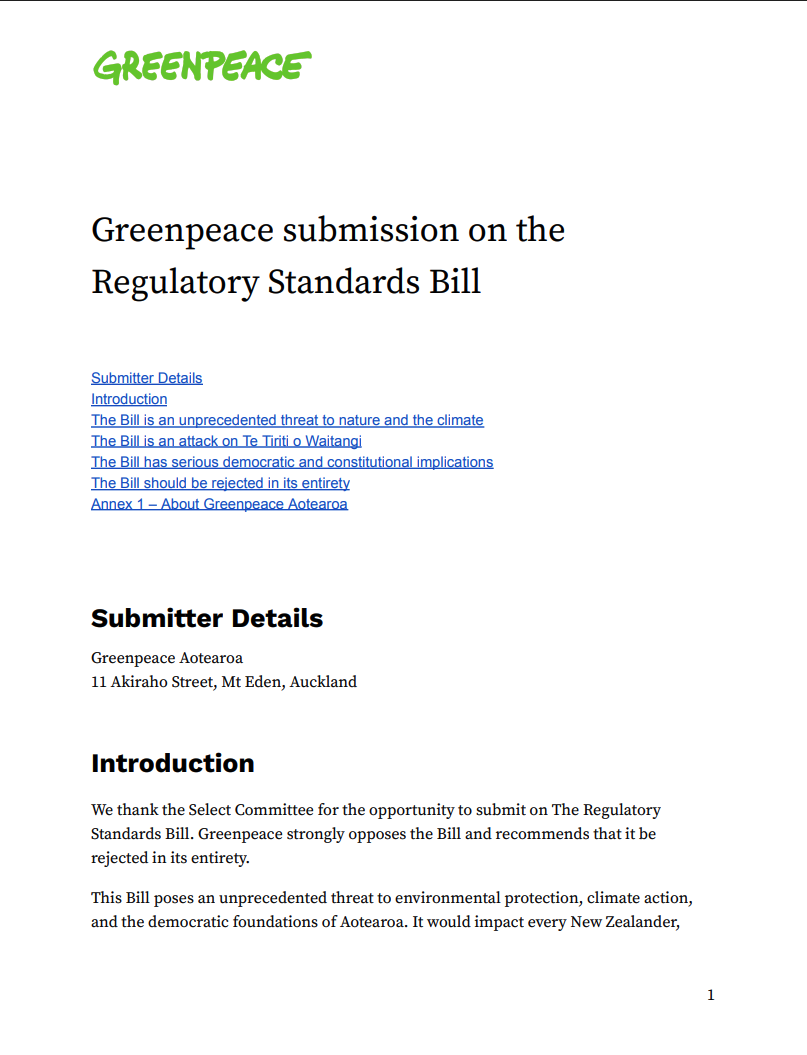For those who missed it – a climate newsflash from the clever people keeping us safe from Covid – if we make the improvements we need to keep the world from overheating, we also improve the health and wellbeing of our nation – big time.
That’s the uplifting message from public health experts who have by now become household names – like Professors Michael Baker and Nick Wilson of Otago University. They argue that, despite being in the middle of a global pandemic, the Climate Change Commission seems to have missed the memo on public health and its link to the climate crisis.
The scientists advising Jacinda Ardern and Ashley Bloomfield on the Covid-19 response believe the Commission can afford to be a whole lot more upbeat about tackling the climate crisis because of all the positive spin-offs for the health of the nation.
This is a future snapshot of how they reckon life might improve in Aotearoa if we make the necessary changes to heal our climate:
- We’ll be walking and cycling a whole lot more, giving us plenty of exercise while breathing fresher air.
- Our streets will be quieter and our commutes less stressful.
- Our new diets will dramatically reduce our risk of getting cancer and other diseases.
- Our homes will be warm and dry in winter.
With more access to affordable public transport, walking, cycling, healthy food, warm homes and vibrant natural spaces, they say our physical and mental health will improve as emissions fall.
It’s an uplifting reminder that there’s a whole lot to feel hopeful and even excited about, despite the many threats on our doorstep.
Positive change, by its very nature, creates multiple crossover benefits. Many of the large problems we’re facing right now – access to housing and healthcare, an unstable climate, polluted rivers and drinking water – can feel overwhelming on their own. But the edges between them are actually pretty blurry. If we act positively to tackle one – in this instance, climate change – the power of transformation can and will spill over into other areas, creating what public health experts call “co-benefits”.
The opposite is also true. In the US the Biden administration is trying to calculate the true social cost of carbon. Working out how much damage a tonne of carbon emitted today will do in the future. It is way more than previously estimated after the President’s team called for considerations of environmental justice and intergenerational equity. These are among the negative spin-offs of climate inaction.
It’s a bit like that awful medical term, comorbidities, which is as ugly as it sounds. A bunch of conditions coexisting with a primary illness.
In this way a worsening climate crisis, if we consider that a primary illness, will have comorbidities such as inequality, housing injustice and health impacts. By curing the primary illness we can have a beneficial effect on other social ills.
The public health experts have effectively suggested that the Climate Commission needs to go back and do its homework before presenting its own advice to the Government. And it seems they could be a whole lot more positive about curing the climate especially when viewed through a health lens.
The co-benefits as they call them: better housing, better diets, a fitter population, better mental health and reduced health inequalities.
Their paper suggests that climate health spin-offs could save thousands of lives, before we even start to talk about the core human dangers of storm surges, droughts or displacement.
This prompt from public health experts is a timely reminder for the people who are mapping out New Zealand’s climate roadmap that curing our climate woes will revive our health and wellbeing in more ways that we can count.
When the Government reviews the advice from He Pou a Rangi, the Climate Commission (ideally with an updated section on health benefits), hopefully it will realise that the investments we make to heal the climate are actually a social investment that keeps on giving.




